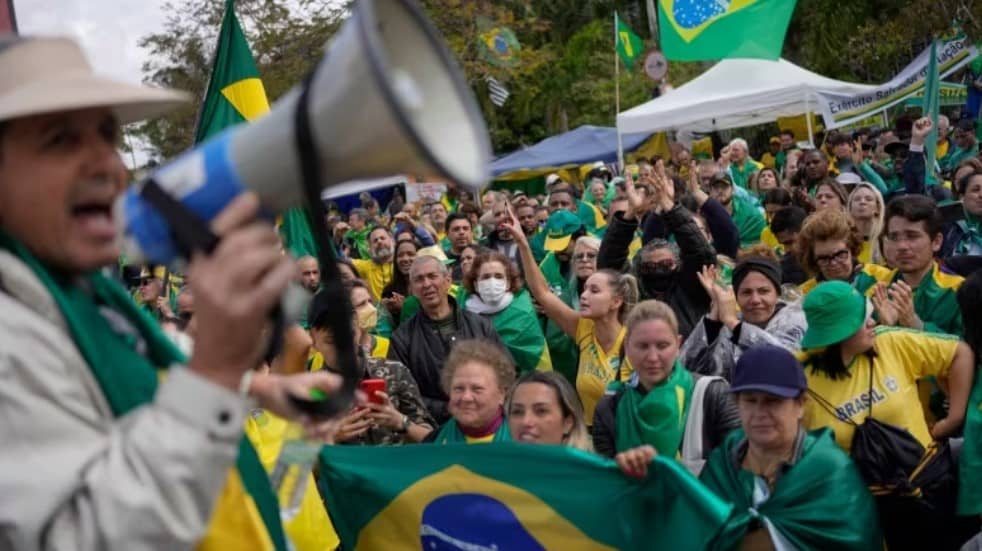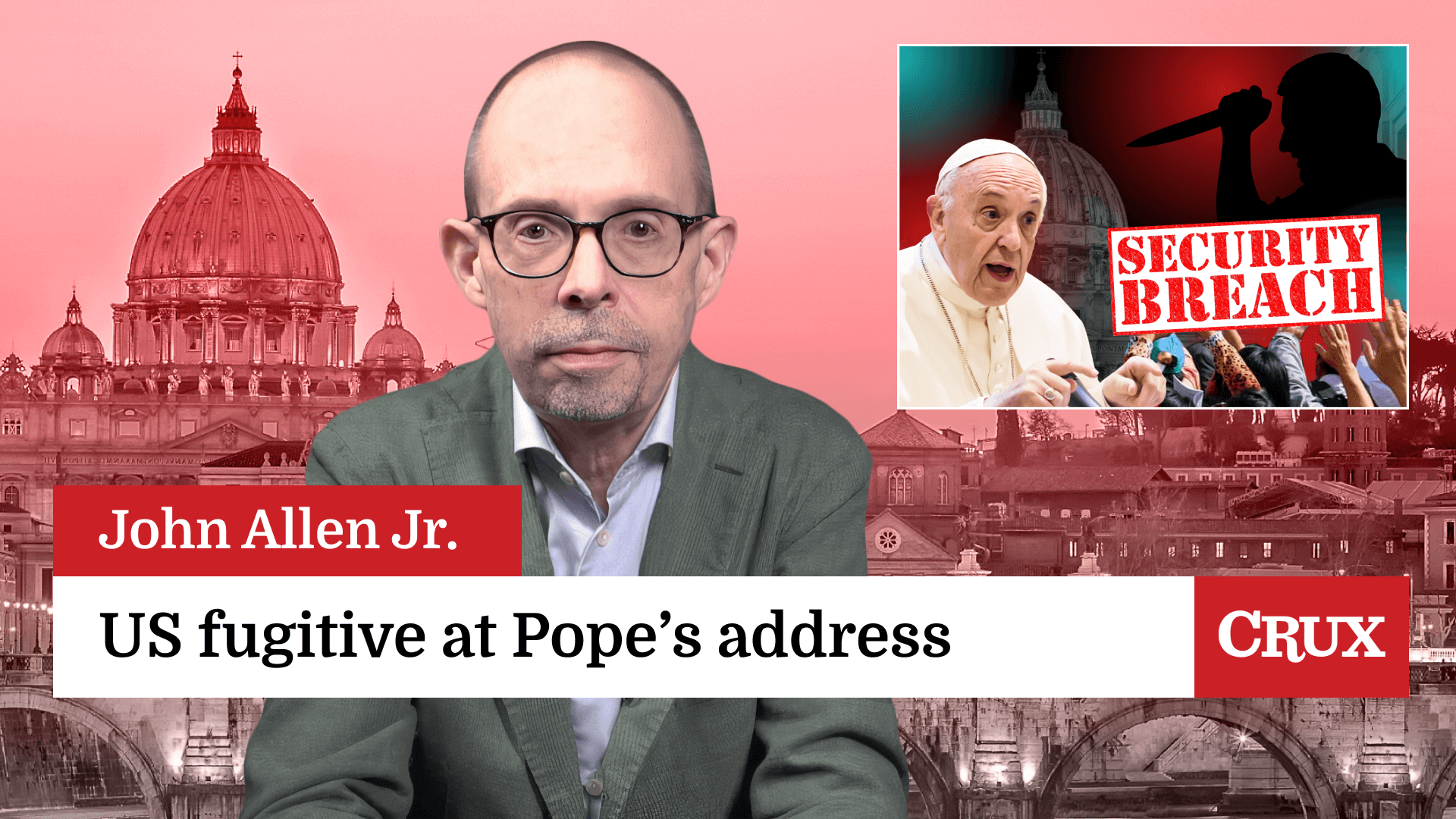SÃO PAULO — After a meeting Brazilian President Luiz Inácio Lula da Silva during the G7 summit in Japan, Indian Prime Minister Narendra Modi declared that, contrary to popular impressions, their two countries are not neutral regarding the war in Ukraine, but instead are deeply in favor of peace.
Yet the fact remains that both Brazil and India – two cornerstones of the BRICS bloc, along with Russia, China and South Africa – repeatedly have refused to support the Western press to arm Ukraine to help it defeat the Russian invaders.
Since Brazil’s presidential campaign in 2022, Lula has emphasized that the international community should cease sending weapons to Kyiv and work for peace.
Lula agreed to have a bilateral conversation with President Volodymyr Zelensky on May 21 but his Ukrainian counterpart failed to show up, demonstrating that the Brazilian leader’s campaign for a mediation process led by a non-aligned bloc of nations isn’t especially well viewed in Kyiv.
Yet on the domestic front, Lula can count on important support for his line on Ukraine. Many segments of the population in the world’s largest Catholic country believe there’s no good guy or bad guy in the conflict, and broadly support Lula’s effort not to take sides.
That is the case, for instance, of major figures in the Liberation Theology movement. While they are not as influential now as they used to be in the 1970s, those thinkers still have a voice in the Brazilian Church and in the political left – with which they share an anti-imperialist view that determines the way they see the war.
Commenting on Lula’s strategy for the Ukrainian conflict, ex-priest Leonardo Boff, widely seen as the most important Liberation Theology thinker in Brazil, told Crux that the president is “skillful and goes straight to the point”, being aware of the fact that “hunger and misery, provoked by the world capitalist system hegemonized by the United States, European Community, and rich countries are the biggest problem now.”
“In reality, this is not a war of Russia against Ukraine, but of the United States and its European allies against Russia, which demands an important place in a multipolar world,” he said.
According to Boff, this is not the time to take sides, but to “look for peace through dialogue, excluding from it the countries which are supporting any of the parties.”
“One needs to gather nations not taking part in the conflict and which are able to draw Russia and Ukraine to a negotiation table,” he added.
Boff considers that “Zelensky’s premise impedes any encounter,” given that “Ukraine is not willing to make concessions.”
“He wants to defeat Russia and expel it from the Ukrainian territory, recovering all its lands, especially the Russian-speaking areas conquered by Russia,” Boff affirmed.
For him, Lula is right when he argues that “each side must win something and renounce something.”
In an interview in Hiroshima during the G7 meeting, Lula declared that he feels that “Putin and Zelensky are not talking about peace right now.”
“It seems to me that both of them believe that someone will win [the war] and that there is no need to discuss peace,” he said.
During his speech at the G7 summit, Lula affirmed that “re-enacting the Cold War would be unreasonable” and that the world now “witnesses the emergence of a multipolar order” that may benefit everybody.
In the opinion of Jung Mo Sung, a South Korean-born Catholic theologian in Brazil, many in the West criticize Lula’s approach to the conflict due to wrong conceptions about the current world order, the war and religion.
“People are very passionate about it, but there is no such thing as ‘just war.’ That idea generates unending religious conflicts, since you cannot negotiate with the devil – which is always the other side,” he told Crux.
Sung, who is a Religion Studies professor at the Methodist University of São Paulo, argued that after the fall of the Soviet Union the West hoped to dominate the whole world – and now feels frustrated when it cannot win all wars.
He said that the West and Moscow agreed in the 1990s to keep NATO out of Russia’s neighbors, a deal that was broken years ago.
“That is a war that nobody can win. NATO will not let Russia defeat Ukraine. And Russia will not be defeated, given that it is a nuclear power. The only way out is to negotiate,” he reasoned.
For a country like Brazil, whose most important commercial partner is China but whose relations with Western nations are equally strong, a multipolar world order is “ideal”, and that is why Lula has been manifesting his will to act as an intermediary, Sung said.
Despite their distinct reasons, Lula and Pope Francis both have been working to mediate the conflict, stressed Fernando Altemeyer, a Religion Studies professor at the Pontifical Catholic University of São Paulo.
In Brazil, Catholics are divided over the conflict, although it is generally seen as a distant problem that is not as worrisome as the most concrete crises that impact the Brazilians’ daily lives, Altemeyer said.
Nevertheless, Catholics should not consider it acceptable to provide guns to Ukraine to feed the war, he argued, something that is generating great profits to the U.S. and European war industries. In this sense, the pontiff’s – and Lula’s – stance seems to be the most “lucid,” he claimed.
“Of course, between the aggressor and the victim, you must side with the victim. But the pope is not naïve enough to side with the victim without realizing that it is backed by NATO,” Altemeyer declared.
In his opinion, Lula and Francis are seeing “beyond the simplification of good and evil, black and white.”
“There are many grey tones in that conflict, and they are responding to them,” Altemeyer concluded.















